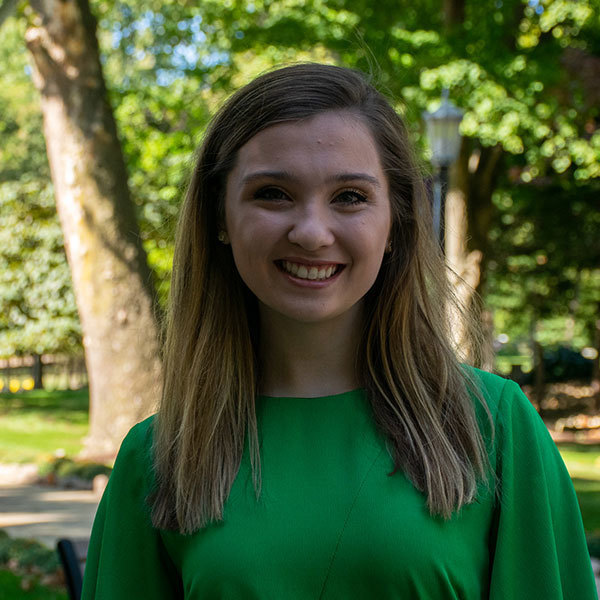
Every undergraduate at Notre Dame must take a USem—but it doesn’t just have to be a boring requirement! It’s quite the contrary. Here, let me show you my experience taking my USem.
What is a USEM anyway?
University Seminars, affectionately known as “USems,” are described as writing-intensive classes constructed for mostly first-years to dive into topics they wouldn’t ordinarily interact with. The class fosters discussion among a small group of peers (no more than 18!) about the different topics at hand. It sounds intense, but in my experience, the USem was the most engaging class I took during my first semester.
Picking a USEM:
I remember the excitement the summer before my first year here and picking classes for my schedule. Trust me, everything is exciting as a first-year. I went through all the course descriptions and found two especially interesting— one on theology and one on Gender and Sexuality in Islam. In scheduling my first semester, I filled out a form, and my advisor would go on to build all her advisees’ schedules. For USems, I had to pick 4 different ones in case my choices were filled. I listed the theology USem as #1 and the Middle Eastern studies one as #2. A few weeks later, schedules came out, and when I saw mine, my face dropped. I had been assigned my second choice USem and not my first.
First Days
Now, while this was the “second best” choice at the time, I was definitely disappointed at first. I came to Notre Dame in part for the theology program and was disheartened that I wouldn’t be taking theo first semester. I was now in a Middle Eastern studies course. I put up a fight to get into that theology USem. I emailed my wonderful advisor multiple times over it and I talked to her in person about it Welcome Weekend. She suggested I try out the class, while still keeping an eye out for a spot opening up. After my first Middle Eastern studies class, I didn’t need to do that anymore. I fell in love with my class in one 75 minute period and didn’t want to give it up for the world.
On that first day, what captivated my interest was the emphasis on discussion of Islam as it relates to our own faith lives. My professor didn’t want to just give us facts and leave us with it. She wanted to hear how we interpret the Qur’an, how we interpret Islamic teaching. How is this practice similar to the Catholic faith? How is it different? I couldn’t wait to explore this.
Favorite Discussions
Throughout the course of the class, we were able to discuss gender as it is discussed and practiced in Islam—why do women veil? What are the different kinds of veils—is there a “right” one? Do men need to cover as well? We also dove deeper into the idea of marriage and how it differs in each region Islam is practiced. In essence, we were able to see where the line was between practices that stemmed from the faith and which practices associated with Islam actually differ by custom.
These topics are especially interesting to me. One of the most important things for me as a theology student is to understand other faiths and how to focus on similarities of our faiths. Through my USem I was able to learn what it means to practice Islam.
Learning within the Community
Toward the end of the semester, our professor took us to both a Mosque and to an Arabic cuisine eatery in South Bend. To take what we learned and actually come to an Islamic faith community to learn more was truly an experience. We were able to find out what it’s like as a Muslim in the community around campus. Because this is the whole point of this class. To learn so we can engage with people different from us on a higher level than just pleasantries.
While I didn’t get my first pick University Seminar, I am so grateful to have had the opportunity to learn about a culture and religion different from mine. The class taught me how I can empathize with the community, what we have in common, and have the tools to fight Islamophobia, if it were to come up in conversation, just like I would stand up for my own faith if a wrong assumption was made.
To you incoming students, I encourage you to pick a USem topic you might not ordinarily pick up in another class. Yes, let your USem count for a University requirement, but really put yourself out there. The worldly education is there for your taking. Take it.
In Notre Dame,
Adeline